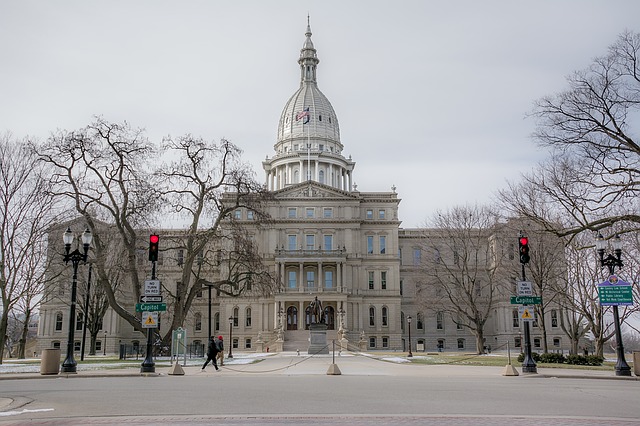
When the state passed laws in June 2019 to help control increasing automobile insurance prices, like anything in life, for consumers there will be positives and negatives. Part of the law took effect immediately, but the main areas affecting pricing don’t take effect until July 2020. Insurance carriers, state regulators, and agents are still sorting out the nuts and bolts, but there are a few areas of clarity that are starting to become apparent.
To set the stage, a few terms to be aware of are:
- “PIP” or Personal Injury Protection is the currently required and unlimited portion of your auto coverage. It’s designed to not only pay medical expenses for you after a car accident, but also items like lost wages if you can’t work, replacement services for things you can no longer do, and the like.
- “MCCA” or the Michigan Catastrophic Claims Authority assessment is the fee that insurers pay into this statewide fund to pay for large catastrophic PIP medical claims, which is currently collected from you the consumer at $220/year per vehicle on your insurance policy.
- “BI/PD” or Bodily Injury / Property Damage Liability covers you if you’re sued for damages to others from a car accident. This is intended to keep you from having to pay for damages of another out of pocket if you get sued. Currently the state only requires drivers to have $20,000 per person and $40,000 per accident limits, which is pretty low.
So back to the areas of clarity related to the law passed by the state:
- PIP Coverage isn’t as broad as it used to be. This took effect already. Drivers on your policy may no longer qualify for PIP benefits on your policy, such as family members who live outside the home (ie- children who have moved out), or residents of the home who aren’t related (ie - boyfriend/girlfriend). Even if they are listed as a permissible driver on your policy, they likely may not qualify for your PIP benefits going forward.
- Your renewal later in 2020 should go down, even if you do nothing. The state’s annual MCCA fee has just been announced to decrease by over half, from $220/car now down to $100/car. PIP rates are also required to decrease a bit due to new cost containment portions of the law, so even if you keep the unlimited PIP and “do nothing”, you should eventually see a price decrease later in 2020.
- You will be able to choose to drop down from the unlimited PIP benefits in exchange for cost savings. The savings might not be worth what you give up, so be careful when weighing your options. If you do drop down, the state is requiring that you sign a new form each time your policy renews, so expect a lot more state-required paperwork in 2020 and beyond.
- Minimum BI/PD limits are required to move up to $50,000/$100,000 from the current $20,000/$40,000. But, since the law also requires you to sign for any limits under $250,000/$500,000, your auto insurance renewal will likely move you to these limits if you’re below them now, unless you sign more state-required paperwork to opt lower. But moreover the new state law lowers the threshold at which we can sue one another for car accident injuries, plus with people driving around with lowered or no PIP coverage to help them pay their medical bills, it’s expected that car accidents will result in many more and higher dollar lawsuits. Your odds of being sued are greatly increased under this new state law so you should strongly consider increasing your BI/PD liability limits or even an umbrella liability policy.
While it’s true the new law should save most of us money later in 2020 and beyond, there are several pitfalls that we should all understand as these laws take effect. You can reach out to your state legislators with questions or concerns about the law, as there has been talk of possibly fixing a few of the pieces that are negatives for consumers. You can also speak with your insurance agent about how the new laws impact you, or contact us here at Hardt Insurance for help with your automobile insurance needs.